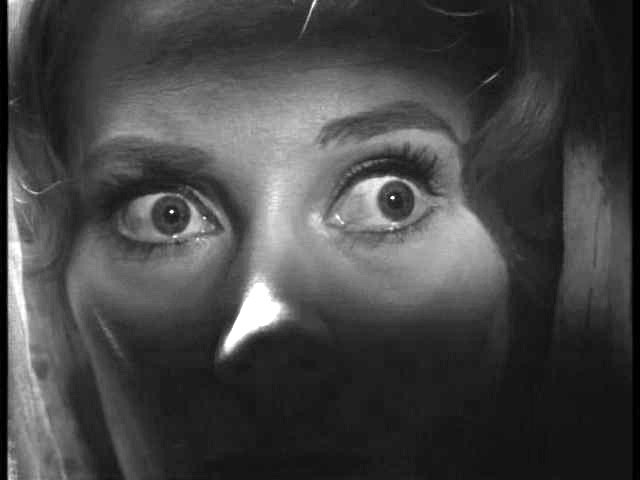Frightening Memories A Thing of the Past With Sleep Therapy, Claim Scientists

Scientists believe that people's phobias could be destroyed by a new form of sleep therapy which repeatedly exposes an individual to their darkest memories.
The therapy, developed by researchers from Northwestern Medicine in Chicago, involves gradual introduction to an object of fear during sleep, until that phobia has been eradicated.
The researchers claim this is the first time people's emotions have been manipulated during sleep.
They believe the therapy has the potential to cure people of their phobias - normally, phobias are treated with exposure therapy that involves gradual introduction to the object of fear until they are not afraid anymore.
Previously, studies have shown spatial learning and motor sequence learning can be enhanced during sleep.
The team used 15 healthy participants who received mild electric shocks while looking at two different faces. They also were exposed to a specific scent with each face, so the image and the smell became associated with fear.
While the participants were asleep, one of the scents was re-introduced but without the faces and shocks. They did this during slow wave sleep when memory consolidation is thought to take place.
Novel finding
Researcher Katherina Hauner explained: "While this particular odorant was being presented during sleep, it was reactivating the memory of that face over and over again which is similar to the process of fear extinction during exposure therapy."
When the participants woke up, they were shown both faces. When they were shown the face linked to the smell that had been introduced during sleep, participants had a lower fear reaction when compared with the other face.
Fear was measured through how much the participant sweated and from an fMRI scan, which showed regions associated with memory.
"It's a novel finding," Hauner said. "We showed a small but significant decrease in fear. If it can be extended to pre-existing fear, the bigger picture is that, perhaps, the treatment of phobias can be enhanced during sleep."
Commenting on the research, Daniel Bendor, from University College London, told New Scientist: "This is an exciting development in understanding the role of sleep in learning.
"Extremely fearful experiences can lead to post-traumatic stress disorder, and this technique of cue-based extinction during sleep could eventually lead to a potential therapy,"
© Copyright IBTimes 2025. All rights reserved.






















